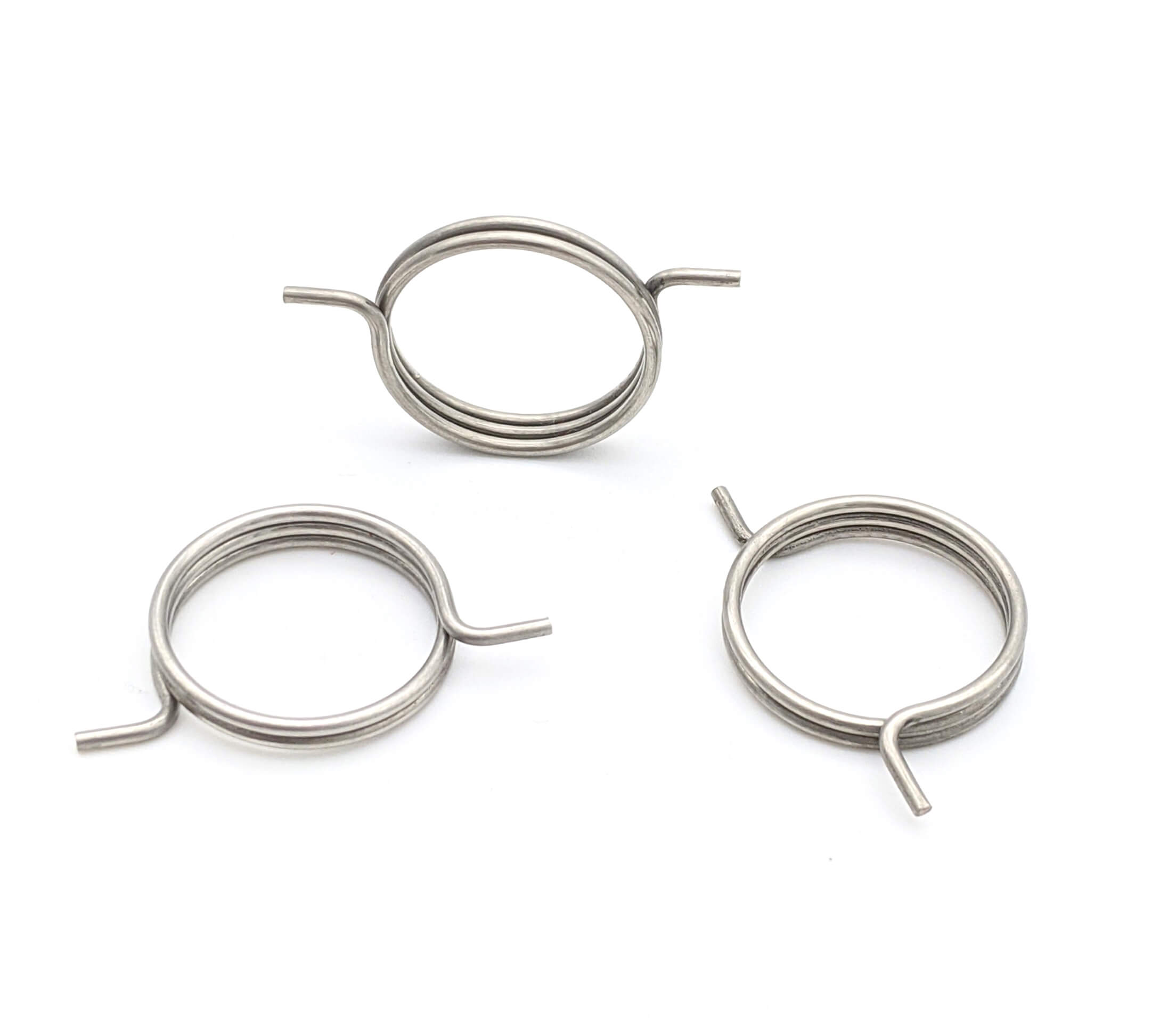Get unique, complex parts easily. No matter your requirements, Chaoyi Spring creates hard-to-produce coil springs and wire forms.
Let us help you create the custom wire form you need, from S-hooks and J-hooks to utility hooks and more.
We work closely with customers across a wide range of industries, helping them design and manufacture made-to-order parts.
Why choose Chaoyi Spring? We prioritize customer-focused collaboration, modern equipment and the latest technology to make your parts per print.
Find the information and guidance you need, from measuring a spring to learning about materials, placing an order and much more.
When it comes to the smooth and reliable operation of your garage door, the springs play a crucial role. However, many homeowners are often left wondering about the differences between


When it comes to the smooth and reliable operation of your garage door, the springs play a crucial role. However, many homeowners are often left wondering about the differences between tension springs and torsion springs. This comprehensive guide will delve into the nuances of each type, providing insights into their functionality, advantages, and disadvantages. Ultimately, understanding these key differences will empower you to make an informed decision for your garage door needs.

Both tension springs and torsion springs are designed to counterbalance the weight of your garage door, making it effortless to open and close. However, they achieve this objective through distinct mechanisms. Tension springs, as the name suggests, rely on tension to generate force. They are typically found on lighter, single-panel doors, where they are attached to the sides of the door and stretch as it opens. On the other hand, torsion springs employ torsion, a twisting force, to create lifting power. These springs are located above the door, attached to a shaft that rotates as the door moves.
Tension springs are often favored for their simplicity and affordability. They consist of two springs, usually coiled around steel cables, that are attached to the sides of the door. These springs extend as the door opens and retract as it closes, providing the necessary lift. While tension springs are generally considered less powerful than torsion springs, they can still be an effective option for lighter doors.
Tension springs offer several benefits, including their compact size and ease of installation. They are also typically cheaper than torsion springs. However, they come with certain drawbacks as well. Firstly, tension springs have a shorter lifespan compared to torsion springs, typically lasting around 5-7 years. They also require more frequent adjustments and are generally less safe, as broken springs can cause serious injuries.
Torsion springs are known for their robust construction and ability to handle heavier garage doors. These springs are usually made of high-quality steel and are located above the door, connected to a shaft that rotates as the door opens and closes. The twisting motion of the shaft generates the lifting force, providing a smoother and more powerful operation.
Torsion springs are lauded for their longevity, typically lasting 10-15 years or even longer with proper maintenance. They also offer greater safety due to their secure mounting and lower risk of sudden failure. However, torsion springs come with a higher initial cost and require more complex installation procedures.
Choosing between tension springs and torsion springs ultimately depends on your specific garage door needs. Consider the following factors:
If you're unsure about the best option for your garage door, consulting a qualified garage door technician is always advisable. They can assess your door's weight, condition, and other factors to recommend the most appropriate spring type.
Regardless of the type of springs you choose, regular maintenance is crucial for ensuring the safe and reliable operation of your garage door. Here are some essential tips:
By following these maintenance tips and prioritizing safety, you can ensure that your garage door springs provide years of reliable service.
In conclusion, understanding the differences between tension springs and torsion springs is essential for maintaining a safe and functional garage door. Tension springs are a simple and affordable option for lighter doors, while torsion springs offer greater power, longevity, and safety for heavier doors. By carefully considering your specific needs and seeking professional guidance when necessary, you can make an informed decision that will benefit your garage door for years to come. Remember, prioritizing safety and regular maintenance is key to enjoying the smooth and reliable operation of your garage door.
Browse some of the custom wire forms and springs that we manufacture. Don’t see what you need? We specialize in made-to-order products that meet your application requirements.
Visit Our GalleryNeed a custom wire form or coil spring? We make it work. Fill out the contact form and a representative will respond within 1 business day. If you have a PDF or CAD file, you can submit to request a quote.